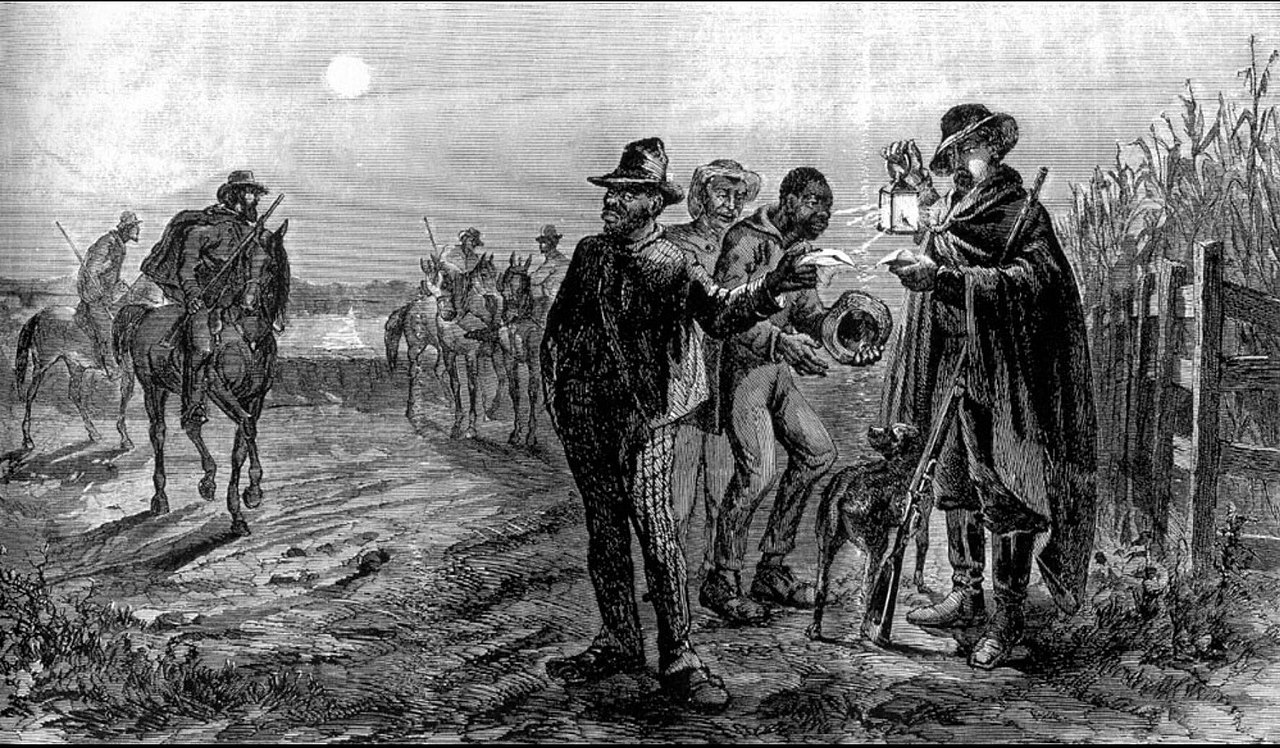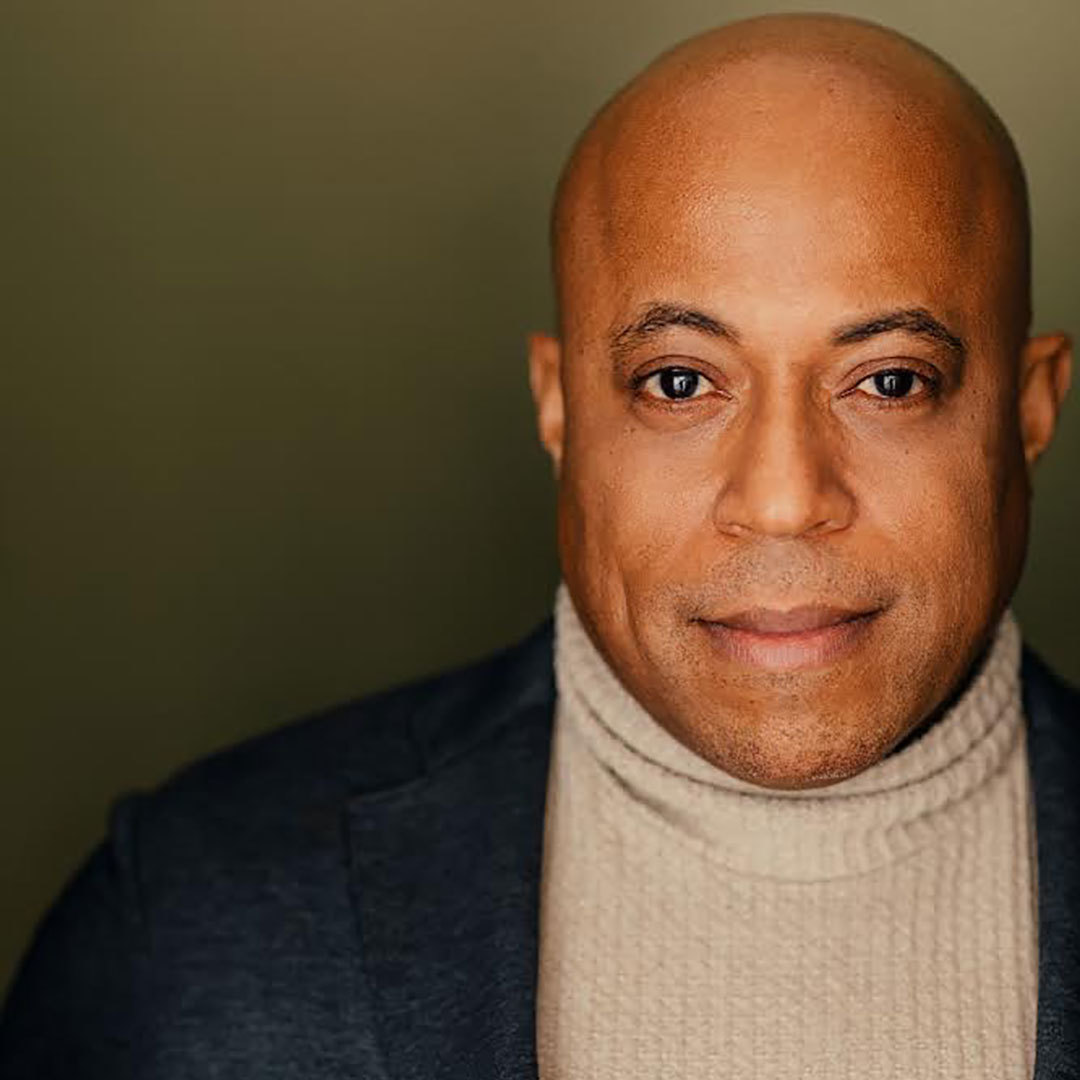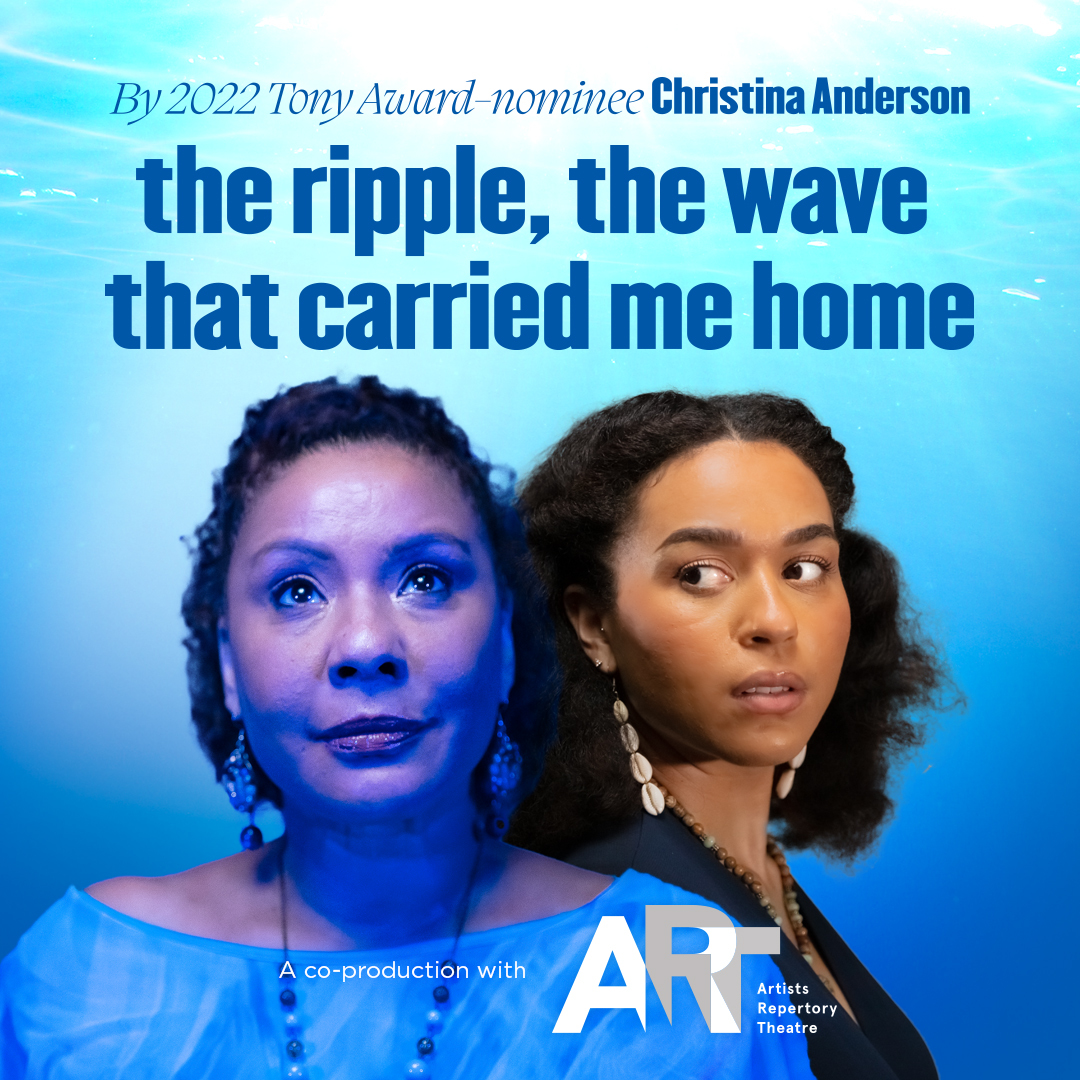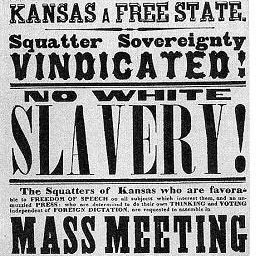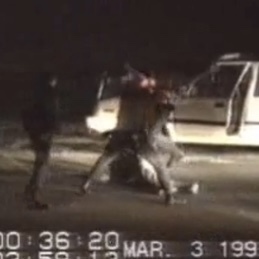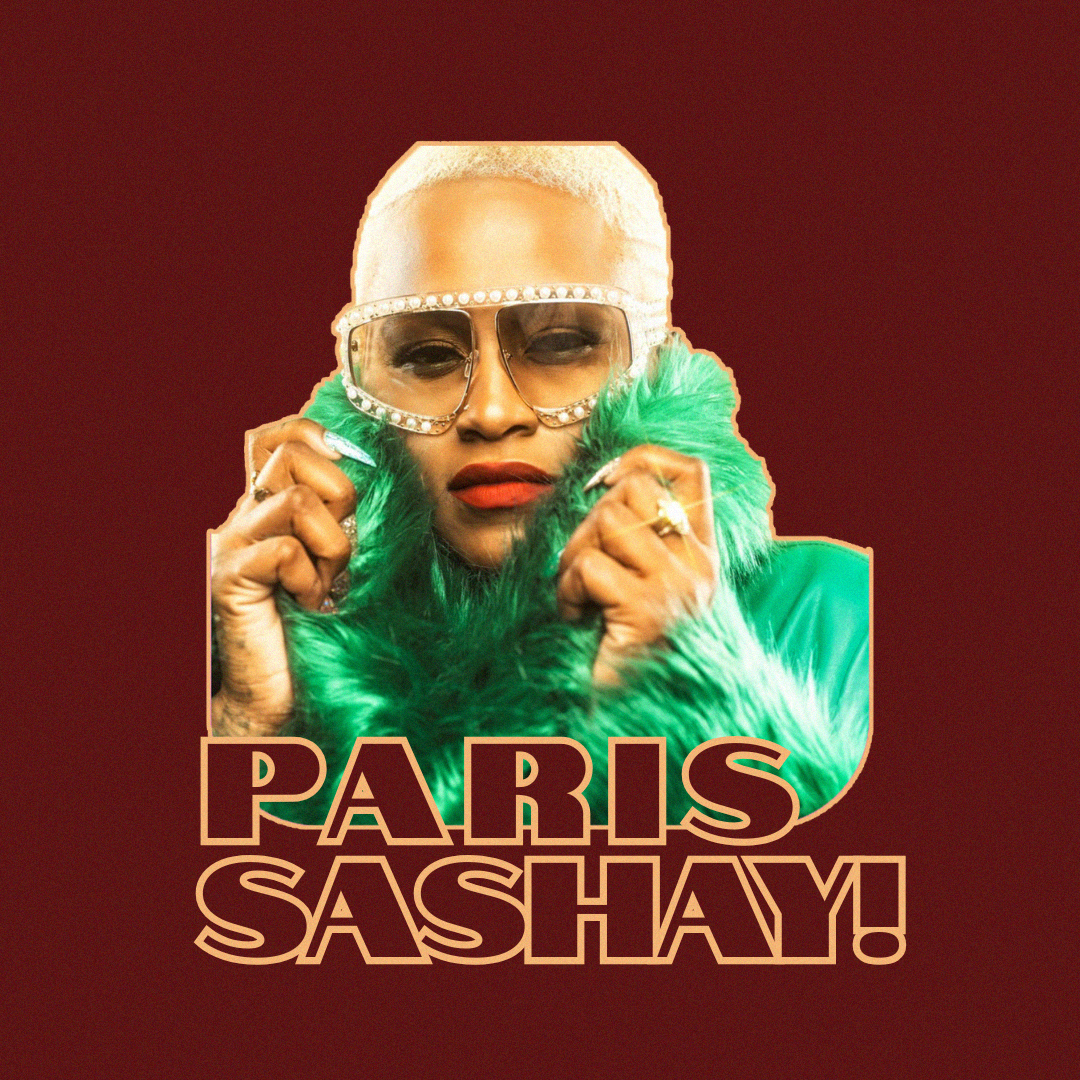A Brief History of Police Violence
Early History of the Police
The earliest iteration of a police force in America is said to be the Slave Patrols which were established in the early 1700s in the Carolina colonies. As cities cropped up in the North East, volunteer “night watchmen” began patrolling as early as 1631, trying to prevent colonists from engaging in prostitution. New York began paying their watchmen as early as 1658, and in 1779 Thomas Jefferson established a chair of “law and police” at William and Mary College. Soon after, a line became drawn: police existed to keep the peace and justices existed to dispense punishment; a system which persists to this day. The first official police force as we know them to be, was established in Boston in 1838.
Almost as soon as these forces were established several things happened. Firstly, police forces began to violently clash with citizens. When railroad workers in West Virginia went on strike in 1877, weeks of violence between police and protestors ensued. In 1886, unarmed protestors in Chicago’s Haymarket Square were bombed by police, killing eight people, and in 1857 police forces even clashed with each other over jurisdiction in New York. Secondly, after the KKK was formed in 1865 in response to the newly freed and enfranchised Black population, many members joined police forces across the South. Lastly, in the early years of the 1900s, August Vollmer, “The Father of Modern Policing”, tried to infuse sociology, psychology, and education into policing.
He stressed that policemen should go to college, juvenile criminals should be treated differently than adults, and patrolmen should live in the communities where they worked. This sounded good, but his biggest success was in convincing police forces that they should operate like the military. Being a veteran himself, he said “For years, ever since Spanish-American War days, I’ve studied military tactics and used them to good effect in rounding up crooks… After all, we're conducting a war, a war against the enemies of society.”
NCLOE
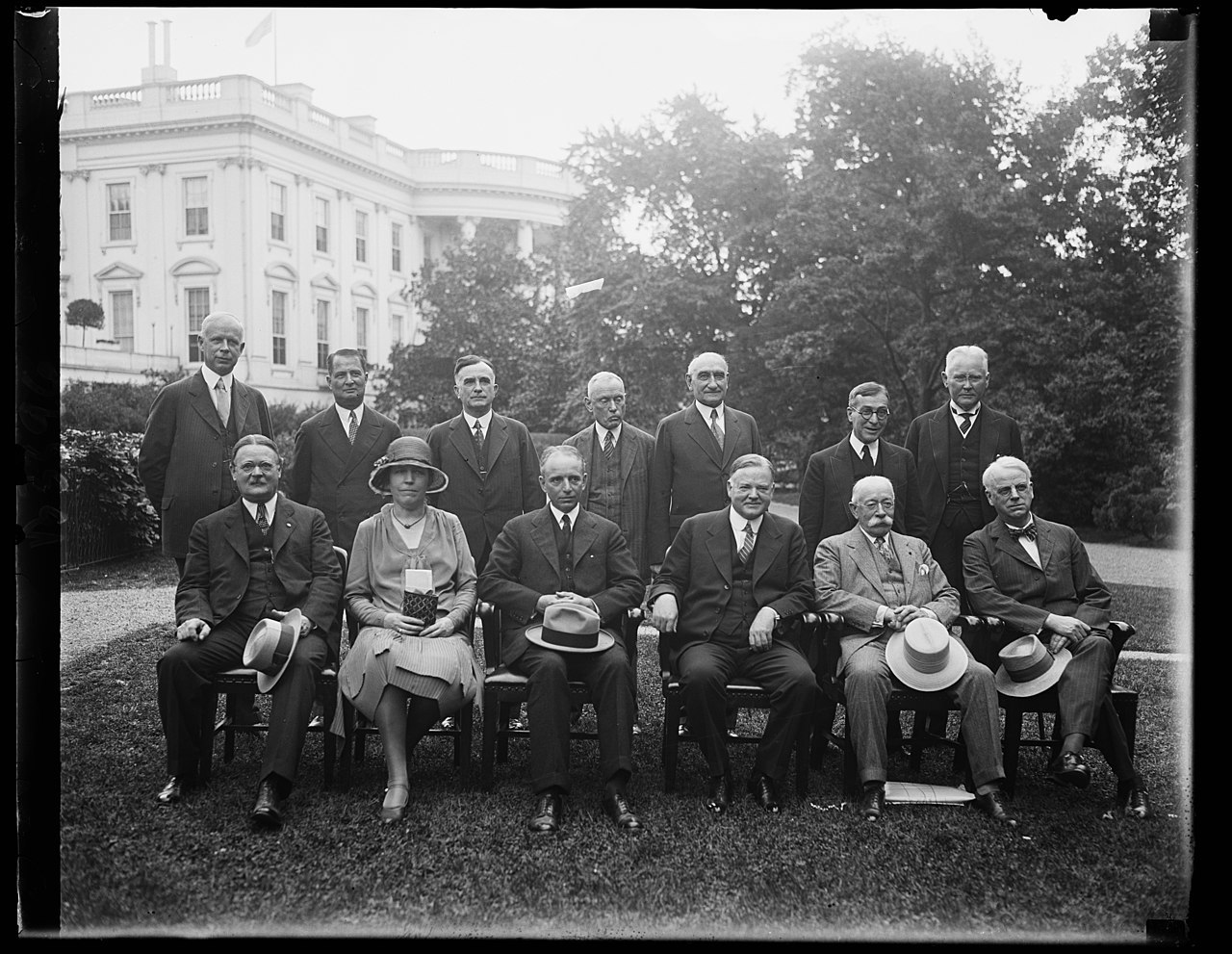
President Hoover meets with his newly created enforcement commission. President Hoover met this afternoon for the first time with the Ambassador of her newly created Law Enforcement Commissioner, appointed for the purpose. In the front row, seated, left to right: Roscoe Pound; Ada L. Comstock; William D. Mitchell, Attorney General; President Hoover; George W. Wickersham, chairman of the Commission; and William S. Kenyon. In the back row, left to right: Kenneth R. MacIntosh; Monte M. Lehman; Paul J. McCormick; William J. Grubb; Frank J. Loesh; Newton D. Baker; and Henry W. Anderson [White House, Washington, D.C.]
In 1929, President Herbert Hoover created the National Commission on Law Observance and Enforcement (NCLOE). This commission, also called the Wickersham Commission, was formed in response to the uptick in crime after prohibition was passed. The commission published a 14 volume report that essentially found that forces across the country used torture as the primary method of policing. Rather than reform them, however, officials declared a “War on Crime.” This resulted in the continued militarization of police. It should be noted that because of laws like those outlined in the 10th Amendment of the Constitution, the federal government has very little control over police forces at the state and local levels. This power, often called “Police Power,” is granted because the 10th Amendment says that powers not specifically granted to the U.S. government are “reserved to the states”, making regulation intentionally difficult.
We Charge Genocide
In 1951, a group of activists called “The Civil Rights Congress” presented “We Charge Genocide” to the United Nations. This report brought foward hundreds of cases of lynchings and police brutality spanning six years of investgation between 1945 and 1951. The report included the following: Once the classic method of lynching was the rope. Now it is the policeman’s bullet. To many Americans, the police are the government, certainly its most visible representative. We submit that the evidence suggests that the killing of Negroes has become police policy in the United States and that police policy is the most practical expression of government policy. This report was signed by Black leaders like Paul Robeson and W.E.B du Bois, and every Black Political Movement has called for an end to police brutality. In Martin Luther King Jr.’s speech at the 1963 March on Washington he said, “We can never be satisfied as long as the Negro is the victim of the unspeakable horrors of police brutality.” This sign was carried at that march. The 7th Point of The Black Panther Party’s Platform published in 1966 states: We want an immediate end to police brutality and murder of black people.
Where We Are
Many commissions, missions, reports, and reviews have been formed or conducted over the years, and the conclusions are nearly always the same: American policing is rife with corruption, brutality, and little accountability. A study in Kansas City conducted in the 70s proved that patrolling police cars in neighborhoods did not help reduce crime, nor did it ease people's fears. In fact, it increased the community's dissatisfaction with police forces.
As of 2020, there are nearly 800,000 police officers in the United States. Police are supplied with more than 7 billion dollars in surplus military equipment. 66% of officers are white and 88% of them are male. Since it’s been more closely watched starting in 2015, it is consistent that police kill an average of 1,000 people a year and Black people are 2.5 times as likely to be the victims of this. A Buffalo News database concluded that from 2005-2015 one law enforcement officer was accused of sexual misconduct every five days.
Portland Center Stage is committed to identifying & interrupting instances of racism & all forms of oppression, through the principles of inclusion, diversity, equity, & accessibility (IDEA).


